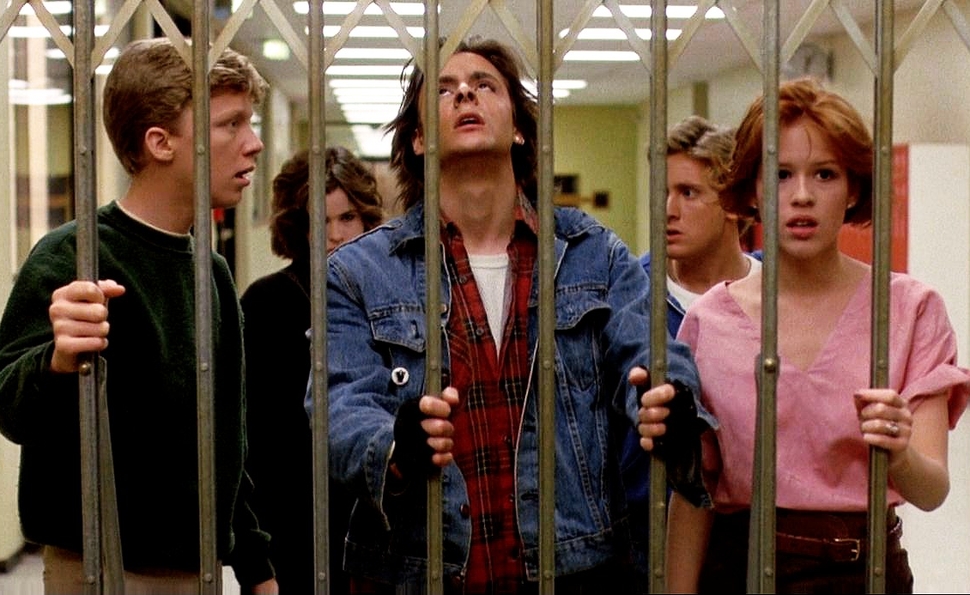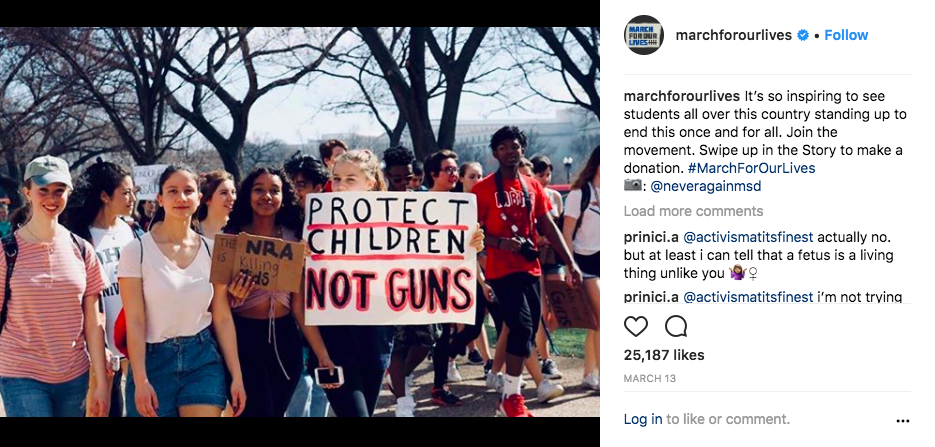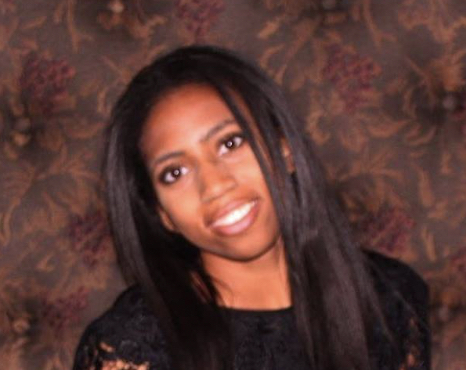by Lauren V. Williams
Forget the 24-hour news cycle. Gen Z has come of age in the era of 60-second news cycles. The advent of social media has allowed information to travel the globe in a matter of seconds through short, shareable videos and headlines. Remarkably, 59% of Gen Z lists social media, such as Instagram, as a top news source. However, while the 60 second news cycle equips Gen Z with broad knowledge of national and global issues, it also bombards them with constant notifications of societal crises. Videos of continent-wide wildfires, graphic police brutality or crippling poverty are common on daily feeds. Although many of these images are shared in good-faith in order to increase awareness and activism for various issues, the 60 second news cycle may exacerbate the anxieties of Gen Z during the most formative years of their lives.

Coming of Age has always been full of anxiety. Adolescents are starting their careers, love lives and independence as they explore their identity. Every generation can tell you about stresses during their teenage years. However, social media pressures young people to be perfect in a constant and public way. Sites like Instagram create an alternative reality where adolescents only display the highlight reels of their lives. They compete with each other to have the best body, car, job or social life. Young people internalize this pressure of daily perfection while constantly trying to keep up with the Joneses. The mental health of Gen Z has suffered the consequences. At least 92% of teenagers are on social media. Meanwhile, anxiety and depression in young people have increased 70% in the past 25 years. In fact, young adults have the highest incidence rate of mental illness of any adult age group.

While teenagers are pressured to build the perfect identity, they’re bombarded with images of a severely imperfect world. When they spend an average of three hours a day on social media, they will inevitably see things like images of police brutality, starvation in Yemen or violent political vitriol. Images of sadness and struggle are embedded between images of their friends and their dreams. Social media creates a world with no separation between the problems of the society and the problems of the person. Unlike Baby Boomers or Gen X, Gen Z doesn’t see issues like climate change as distant issues of dying polar bears. The 60 second news cycle connects environmental destruction to the daily lives of Gen Z by simply juxtaposing their images. By embedding those ideas together, suddenly climate change becomes an assault on their dream job, their dream home and their dream life of their future.

Nowhere is this dynamic more apparent than in politics. Over the past five years, people of all ages are increasingly tying their identity to their political affiliation. The 60 second news cycle pours gasoline on the fire of partisan division by spreading evidence of political vitriol across the Internet. Since the hyper-partisanship of the United States is oftentimes intertwined with racial divisions, this vitriol especially impacts Gen Z. Gen Z is the most diverse generation in history. Therefore, a society that expects young people to be personally perfect while frequently attacking an integral part of young people’s identity is bound to affect their mental health. A 2018 study of 14 to 24-year-olds found that a vast majority of respondents were emotionally affected by the 2016 election: 86% were affected before the election; 71% right after the election; and 63% four months after the election.
On the bright side, Gen Z has turned this personalization of politics and world events into activism on and off social media. Organizations like March for Our Lives and the Sunrise Movement spread awareness and raise money for the issues that affect Gen Z the most, such as gun violence or climate change. Young people are also expressing themselves at the ballot box. Over 25 million votes were cast by Gen Z and Millennials in the 2020 election. Young adult turnout was over 53% – an all-time record. Young people are already starting to enter political offices with the support of organizations like Run for Something, a progressive organization meant to give resources to under-supported and underfunded candidates.

However, the enduring question is whether the costs are worth the benefits. Although the political activism of Gen Z is inspiring, it’s time for parents, peers and the society at large to ask, “At what cost?”


